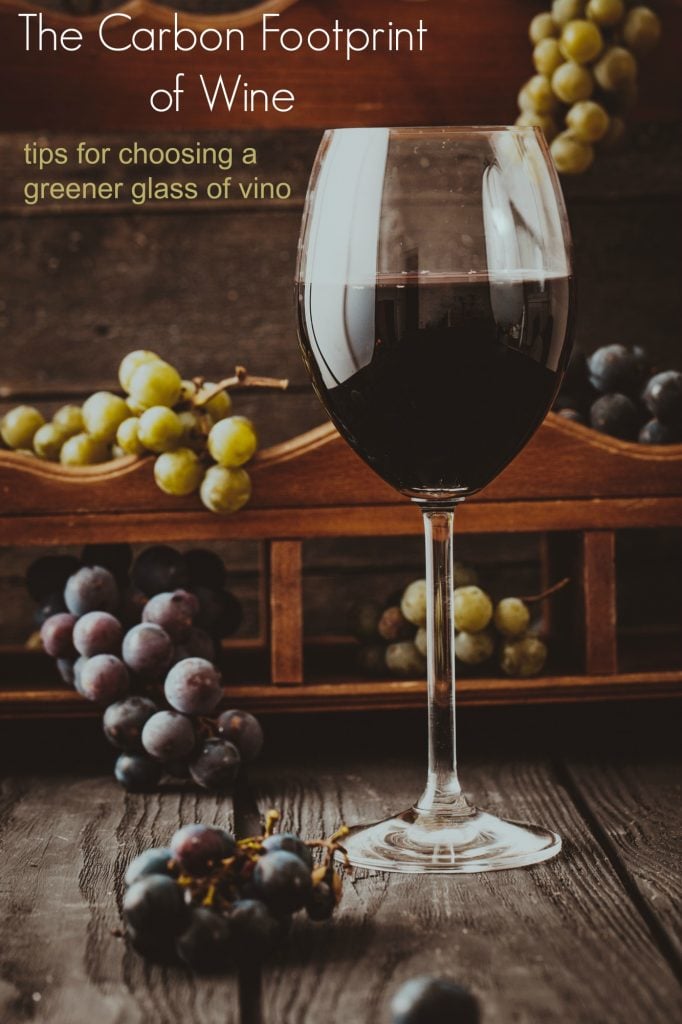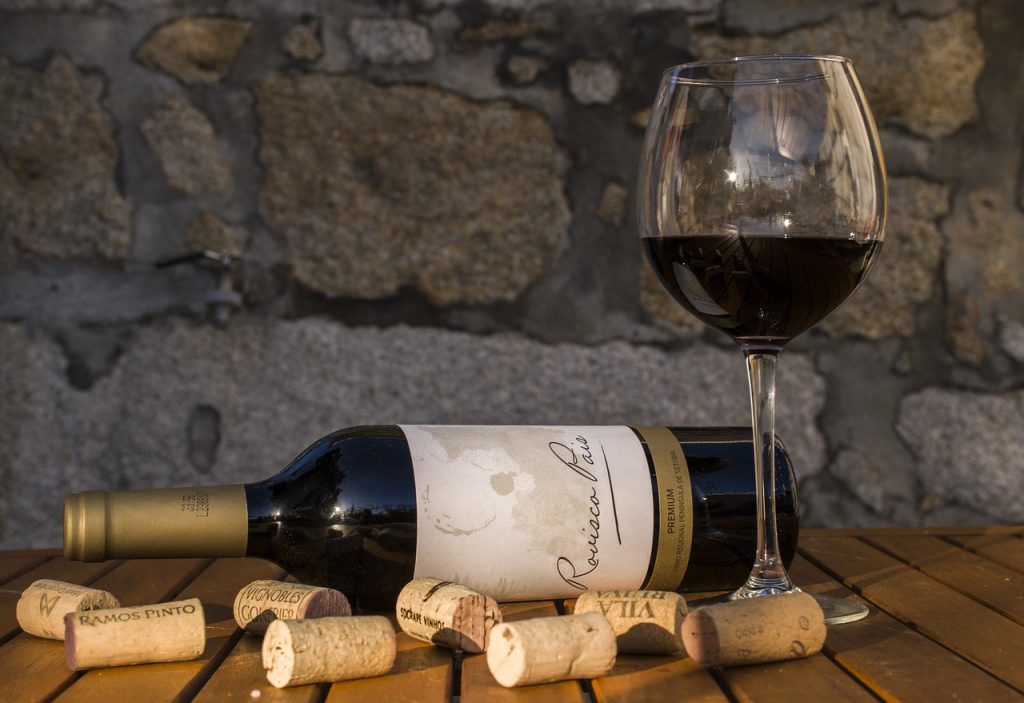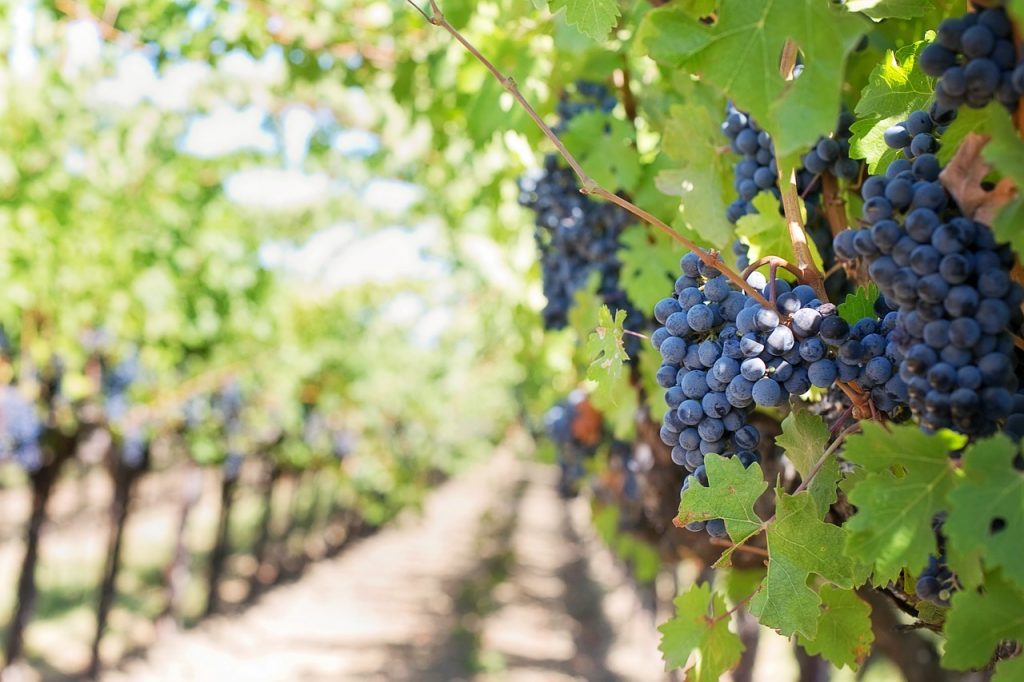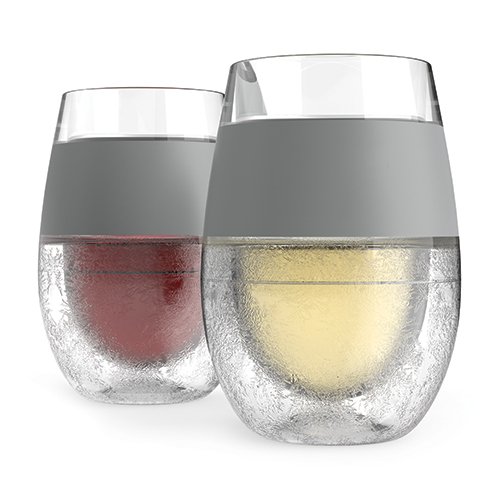Choosing a bottle of wine can be tough. Do you go with a Merlot or a Malbec? Is an Italian wine better than a California wine? Have you ever wondered about the carbon footprint of wine? And what’s up with those plastic wine corks? There are so many things to think about when choosing an eco friendly wine that it can be a bit overwhelming. I thought I would discuss a few of the issue surrounding the carbon footprint of wine. And the next time you reach for a bottle you can understand why you should say NO to plastic wine corks and yes to local and organic. If you are looking for eco friendly date ideas, it is a great place to start!
Posts feature partner companies & may be sponsored. Post contains affiliate links & I will be compensated if you make a purchase after clicking on links. As an Amazon Associate I earn from qualifying purchases.

This post contains affiliate links. If you make a purchase through a link on this site,
we receive a small commission at no additional cost to you.
Table of Contents
The Carbon Footprint of Wine
Organic Wines

What’s Up with the Plastic Wine Corks?

How to Choose Green Wine:
- Find local wines when possible. While they may not be organic, they use much fewer resources for transportation than wines that came from half way across the globe.
- Choose small wineries rather than large ones. Small wineries are usually better stewards of the earth than large conglomerations.
- Organic wines are a great choice, although sometimes hard to find. Obviously, the fewer pesticides and fertilizers used to grow the grapes, the smaller the carbon footprint.
- Skip the plastic wine corks. This can’t really be noticed until you actually open the bottle. But, if you find a wine you like with a natural cork, you might want to consider buying a second bottle.
- Make your own wine! Nothing says eco friendly like a wine made in your own kitchen! Check out wine making kits on Amazon that will get you started!
Have you found a delicious organic wine lately?

Diane is a professional blogger and nationally certified pharmacy technician at Good Pill Pharmacy. She earned her BS in Microbiology at the University of New Hampshire and has worked in cancer research, academics, and biotechnology. Concern over the growing incidence of human disease and the birth of her children led her to begin living a more natural life. She quickly realized that the information she was learning along the way could be beneficial to many others and started blogging and freelance writing to share this knowledge with others. Learn more about her HERE.








The first time I opened a bottle of wine with a plastic cork, I was all “Ugh…no way”…I’m no wine connoisseur, but it seems very unappealing to me.